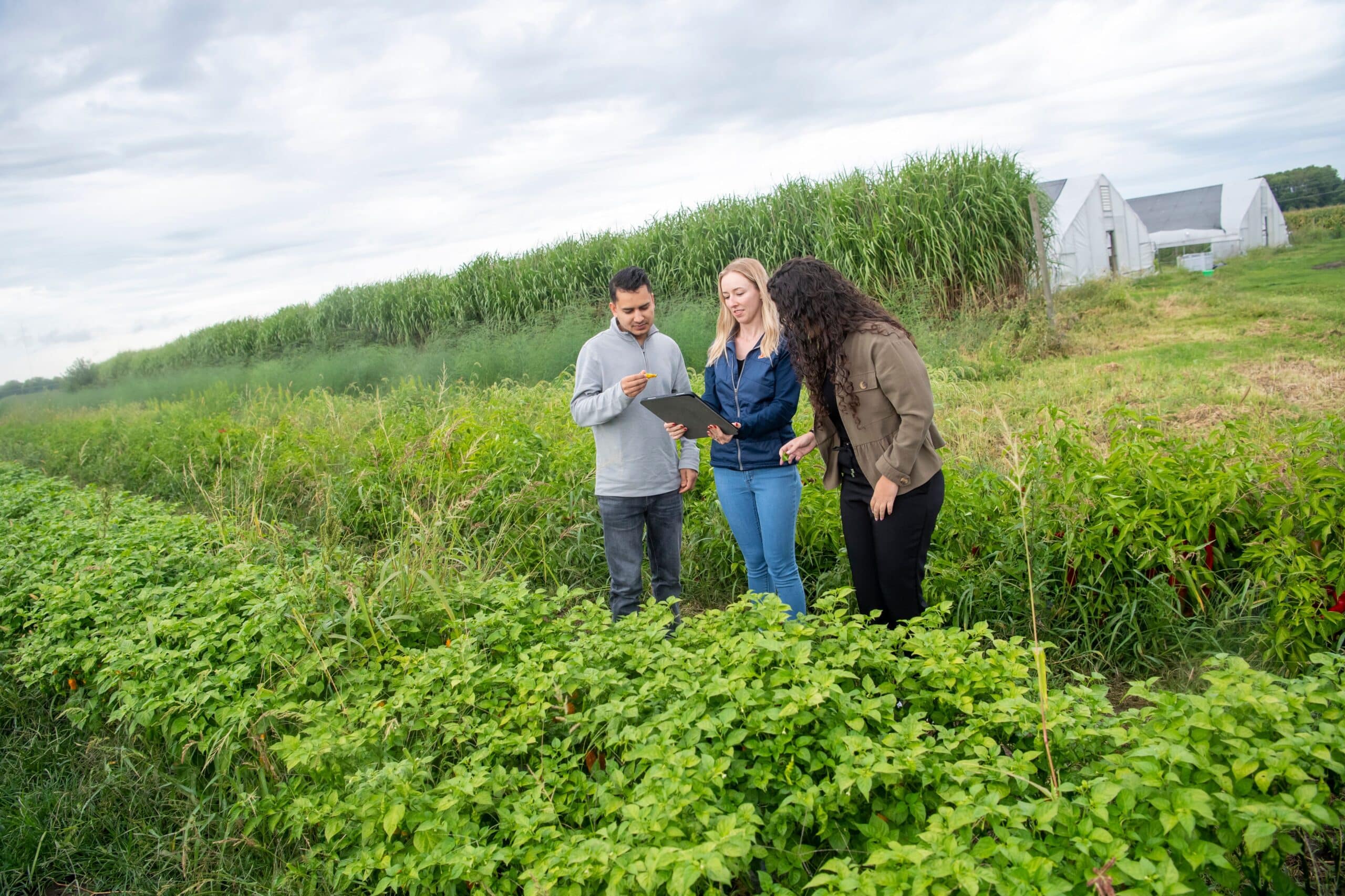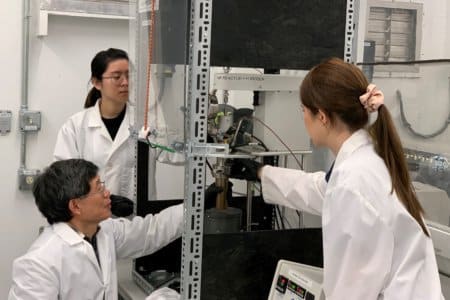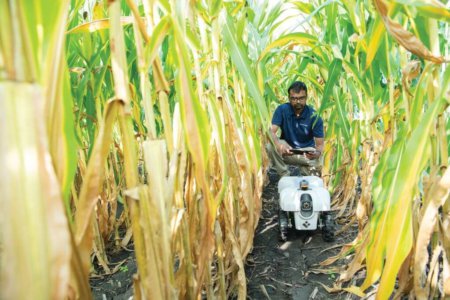When Liam Reynolds set out to make a difference in the fight against climate change, he discovered the Department of Agricultural and Biological Engineering (ABE) at the University of Illinois Urbana-Champaign (UIUC). Having participated in the RAP summer programme during high school, he knew that the ABE department was the right fit for him.
“My goal is to transform urban food systems and areas, starting with Chicago, into greener, more affordable, and more nutritious environments,” Reynolds says.
This vision aligns with the mission of the ABET-accredited BS in Agricultural and Biological Engineering programme, which is ranked third in the US for its ability to produce professionals capable of addressing grand challenges pertaining to food, water, energy, and the environment. Within this department, students are equipped to innovate and manage technology and systems ensuring safe and sustainable food, water, energy, and the environments.
As an ABE student, Reynolds knew that he needed adequate guidance in order to achieve these goals. Thankfully, the ABE’s intimate class size setting provided him with an enriching learning experience. “I was able to forge personal connections with my classmates as well as instructor and faculty members with ease because of the smaller nature of our department,” he says. “These connections have been invaluable in creating friendships, academic success, and professional opportunities for myself and others.”

Reynolds appreciates the department’s smaller size, allowing for more meaningful interactions with faculty members, instructors, and peers. Source: University of Illinois Urbana-Champaign
Reynolds feels lucky to have access to the resources of College of Agricultural, Consumer and Environmental Sciences (ACES) and the Grainger College of Engineering. This has allowed him to attend two study abroad programmes and secure scholarships that would otherwise have been unavailable to him if he had pursued another engineering programme.
“In my freshman year, I participated in a 10-day ACES 298 study abroad programme in Ecuador, working on a family farm to enhance local agricultural sustainability. Then, in my junior year, I joined a 10-day ABE 452 programme in Puerto Rico. Our mission was to enhance the island’s self-sufficiency and resilience in food, energy, and water systems through innovative local practices,” Reynolds says.
He has collaborated with Dr. Paul Davidson, associate professor in ABE, to conduct research on the use of wastewater as a nutrient source for agriculture. This undergraduate research experience enriched his academic, research and professional skillset. Excitingly, Reynolds is on the brink of getting his work published and recently presented his discoveries at the 2023 American Society of Agricultural and Biological Engineers (ASABE) International Meeting.
Courses in the ABE department instill real-world applications of concepts, preparing them for the practical challenges they will encounter in their future careers. “ABE/ETMA 430 Project Management has taught me invaluable lessons about the real-world applications and implications of seeing a project from the original idea to its execution,” he says. That’s not all. Students also get the chance to apply their knowledge and skills by participating in an industry-sponsored senior design project. This project allows them to partner with a client to solve real-world problems. “I was able to implement these lessons in ABE 469, our Capstone Design course. The workload for the class was very manageable and the final project enabled creative solutions where all of our various interests could shine.”

ABE students are ready for the practical challenges they will encounter in their future careers. Source: University of Illinois Urbana-Champaign
Furthermore, students also participate in internships and co-op opportunities that offer hands-on experience in the industry. Reynolds leveraged these opportunities by securing internships with Milwaukee Microgreens and Milwaukee Farmers United. In these roles, he assumed the responsibilities of a Farm Manager and Optimisation Consultant, overseeing farm operations to fulfil weekly customer orders of more than 300 trays. He engaged with local urban farmers, collaborated with chefs and sales representatives, participated in farmer’s markets, and contributed to the delivery of microgreens through Milwaukee Farmers United. “I also optimised workflow patterns and enhanced the efficiency of daily procedures, documenting them in an employee onboarding manual to streamline the onboarding process for my replacement after I return to school,” he recounts.
To explore the same world-bettering possibilities as Reynolds, click here to learn more about the Department of Agricultural and Biological Engineering.













